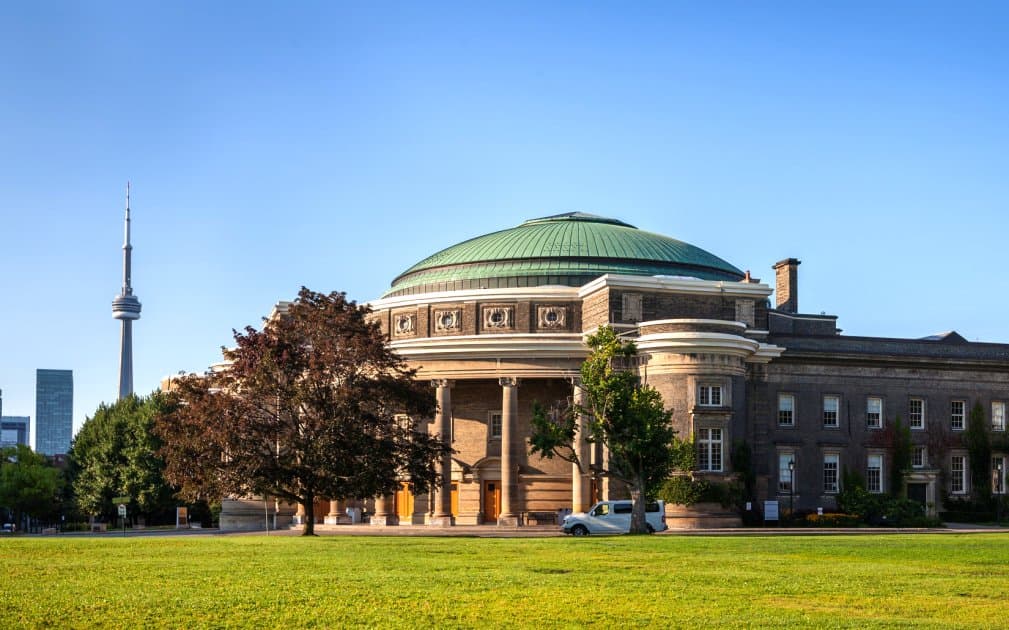
Study in Canada
Quality Education in a Welcoming Nation
Experience high-quality education in one of the world's most welcoming and multicultural countries.
Why Study in Canada?
Canada offers world-class education at affordable costs, combined with a high quality of life and welcoming immigration policies. Known for its multicultural society, safe environment, and excellent post-graduation work opportunities, Canada has become one of the top destinations for international students.
More affordable than USA and UK with equal quality
3-year Post-Graduation Work Permit (PGWP)
Pathway to permanent residency
Safe, inclusive, and multicultural society
Key Benefits of Studying in Canada
Discover the advantages that make Canada an excellent choice for your education journey
Affordable Quality
Get world-class education at more affordable tuition fees compared to other English-speaking countries.
Work & Immigration
Benefit from generous work permits and clear pathways to permanent residency.
Safe Environment
Study in one of the world's safest countries with high quality of life.
Multicultural
Experience a diverse, welcoming society that celebrates multiculturalism.
Top Universities in Canada
Explore some of the world's leading educational institutions
University of Toronto
Toronto, ON
1st in Canada
McGill University
Montreal, QC
2nd in Canada
University of British Columbia
Vancouver, BC
3rd in Canada
University of Alberta
Edmonton, AB
4th in Canada
McMaster University
Hamilton, ON
5th in Canada
University of Waterloo
Waterloo, ON
6th in Canada
Cost of Studying in Canada
Plan your budget with our comprehensive cost breakdown
Tuition Fees
CAD 15,000 - 40,000 per year
Living Expenses
CAD 12,000 - 20,000 per year
Detailed Cost Breakdown
Undergraduate tuitionCAD 15,000 - 30,000/year
Postgraduate tuitionCAD 18,000 - 40,000/year
AccommodationCAD 400 - 1,500/month
Food & utilitiesCAD 300 - 600/month
Scholarships & Financial Aid
Explore funding opportunities to make your education in Canada more affordable
Vanier Canada Graduate Scholarships
Ontario Graduate Scholarship
University-specific entrance scholarships
International Student Scholarships
Province-specific scholarships
Visa Information
Everything you need to know about student visa requirements for Canada
Visa Type
Study Permit
Duration
Course duration + 90 days
Work Rights
20 hours/week during term, full-time during breaks
Visa Requirements
Letter of Acceptance from DLI
Proof of financial support (CAD 10,000 + tuition)
Medical examination (if required)
Police certificate
Statement of Purpose
Work Opportunities
Build your career with excellent work opportunities during and after your studies
During Studies
Work up to 20 hours per week during academic sessions and full-time during scheduled breaks.
After Graduation
Post-Graduation Work Permit (PGWP) valid for up to 3 years, depending on program length. Clear pathway to permanent residency through Express Entry.
Popular Career Sectors in Canada
Information Technology
Engineering
Healthcare
Finance & Accounting
Hospitality & Tourism
Skilled Trades
Intake Seasons
Fall (September - Main)
Winter (January)
Summer (May)
Popular Student Cities
Toronto
Vancouver
Montreal
Ottawa
Calgary
Waterloo
Ready to Start Your Journey to Canada?
Get expert guidance from our counselors and take the first step towards your dream education. Book your free consultation today!